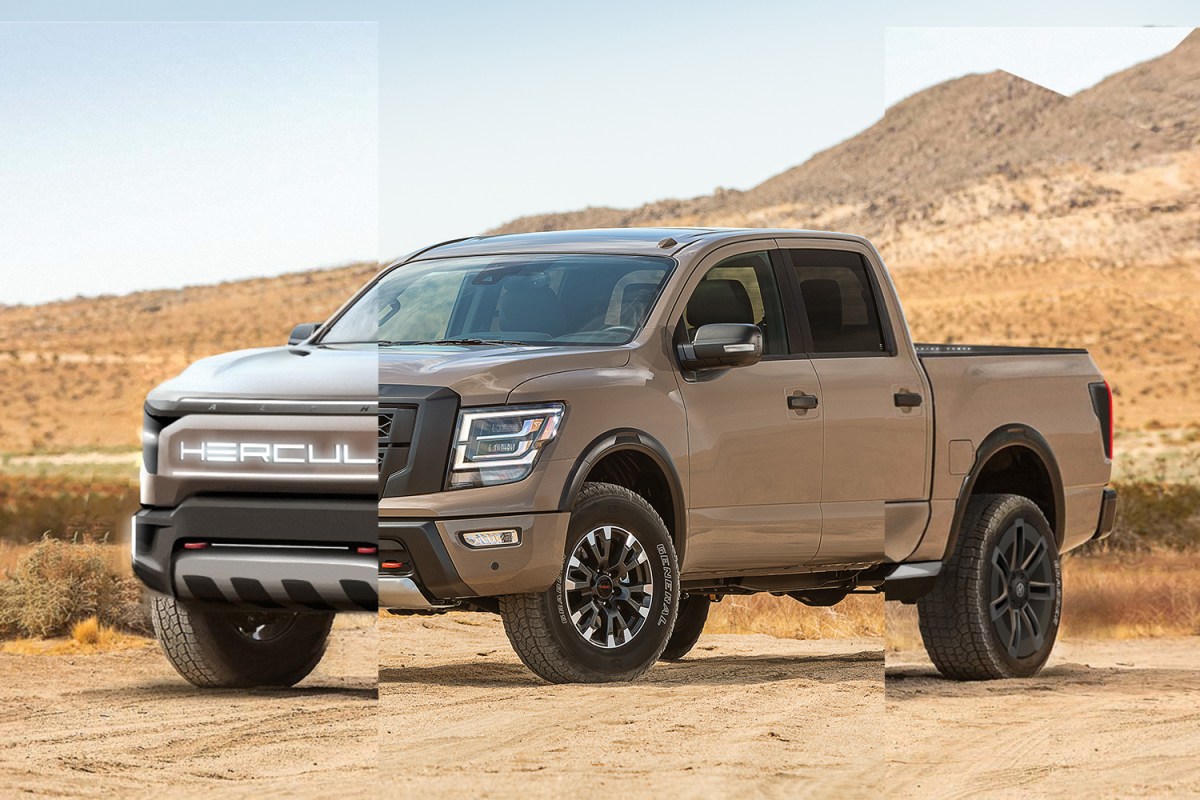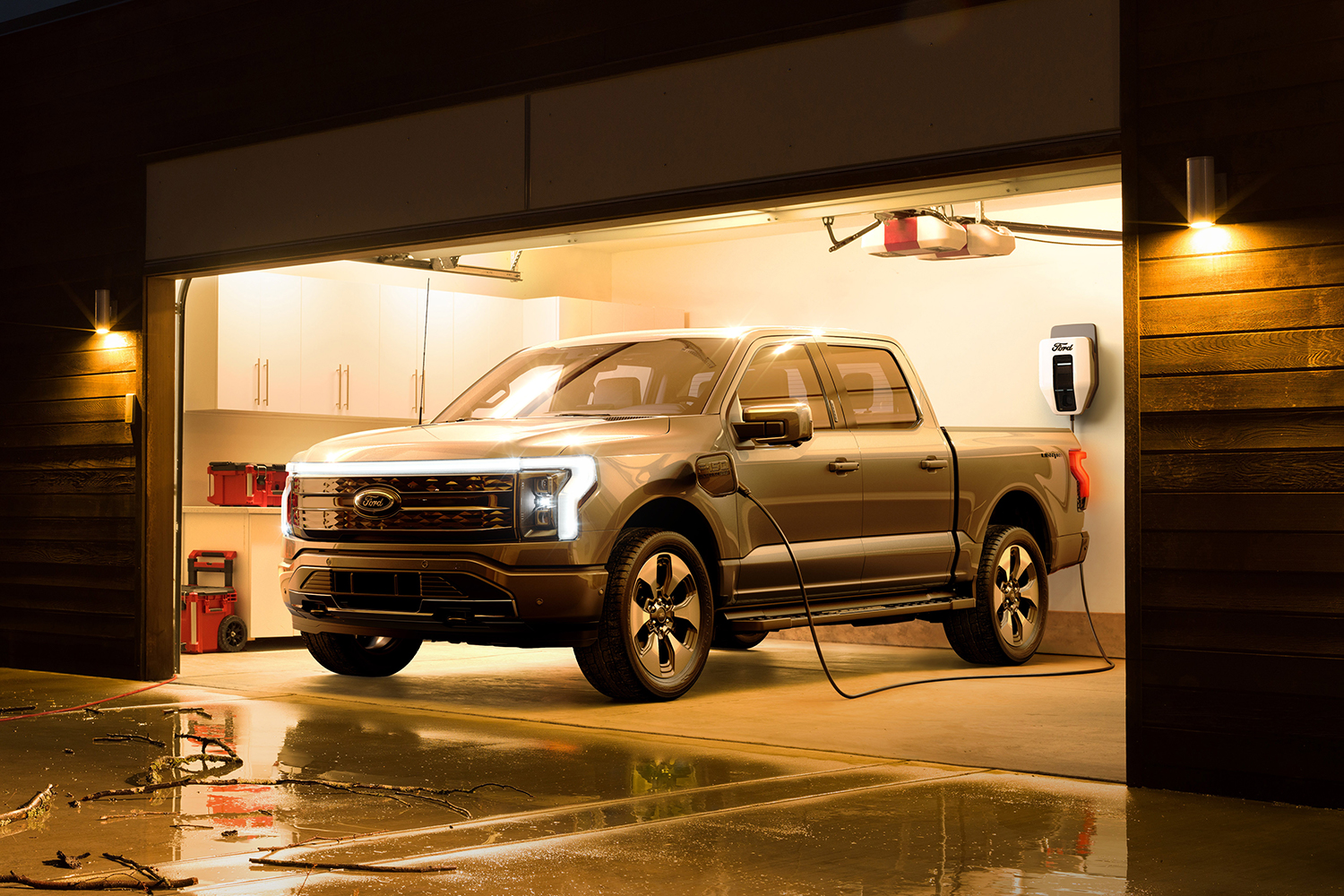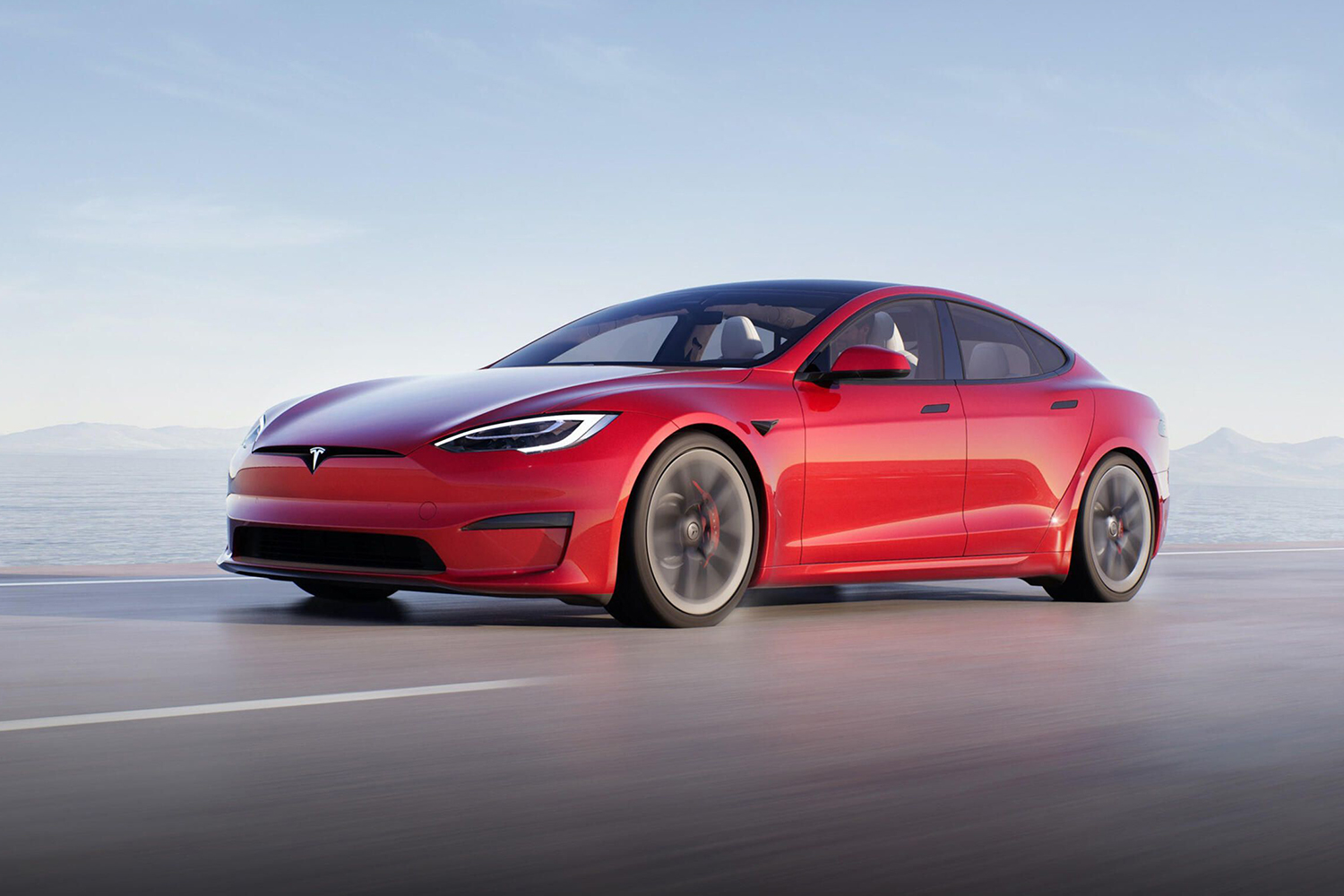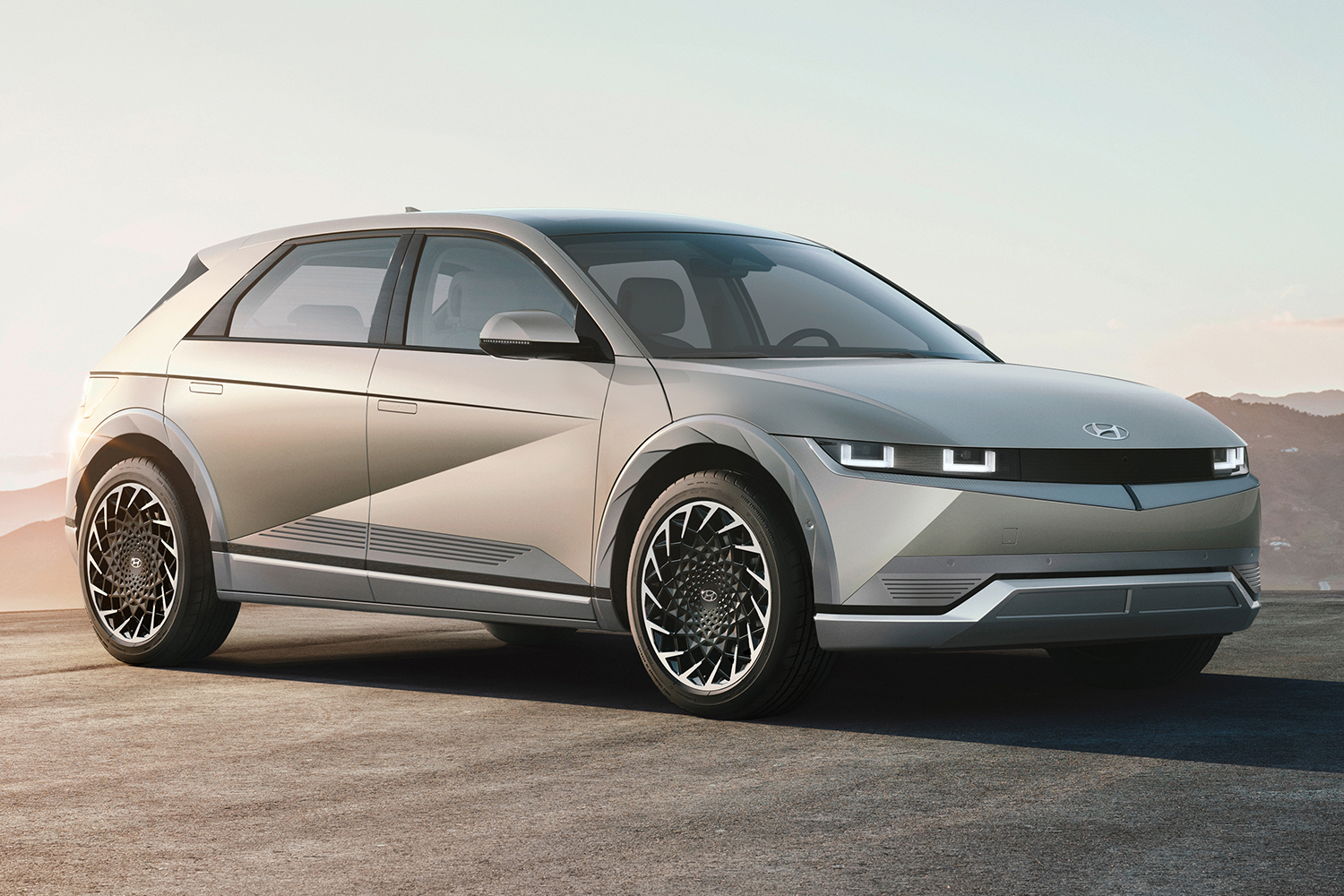A sane person would think the Wild West of electric vehicle startups was over. After all, Lordstown Motors — the EV truck hopeful praised by former President Donald Trump and kickstarted by money and a factory from GM — is now simply trying to stay alive while fending off investigations from the SEC and Justice Department. And that’s just one example of a previously hot EV truck maker hitting the brick wall of reality.
Apparently there’s more blood to be squeezed from the stone, however, as new EV startup Hercules Electric Vehicles opened a Series A investment round in March looking for $20 million. Their pitch was “an all-electric sport pickup truck” called the Hercules Alpha which would offer more than 1,000 horsepower, solid-state batteries and a four-motor drive system (any of these bombastic claims sound familiar?). The promise was a “drivable architectural mule” by last April and availability in late 2022. We still haven’t seen the mule months later, but Hercules has something else to prove they’re for real: a poorly Photoshopped image of a Nissan pickup.
That’s right, the rendering of the Hercules Alpha the startup has been shopping around turns out to be an edited image of the 2020 Nissan Titan Pro-4X. The Photoshop fail was pointed out on Twitter by Motor1 Senior Editor Jeff Perez and subsequently written up by The Drive. Go ahead, use that slider below to see just how blatant a ripoff this is.


Now, The Drive does point out that Hercules and Nissan have allegedly explored a partnership, where the Japanese automaker was supposedly interested in buying battery-electric powertrains from the startup in exchange for help building the Alpha, according to Bloomberg. But even if Nissan did give the OK for Hercules to use its imagery — which seems odd, especially as no partnership has been publicly announced — the young company didn’t even take the time to properly render their own product.
Just look at the top right corner of the Hercules photo; yes, that hill was sliced off in post. And don’t get me started on the fuzzy areas around the front end and tires that make this truck look like it’s about to be sucked through some wormhole. I can already hear our art department here at InsideHook gasping.
Of course startups need to start somewhere, and a less-than-perfect rendering of a potential vehicle isn’t a deal breaker by any means. But as EV startups are crashing and burning and reorganizing all around us — as people realize that, yes, Tesla actually put in real work behind their runaway success — it’s hard to imagine why anyone would invest money in a company that not only doesn’t have a real, authentic, working truck, but doesn’t even have a real, authentic image of a truck.
Thanks for reading InsideHook. Sign up for our daily newsletter and be in the know.


















